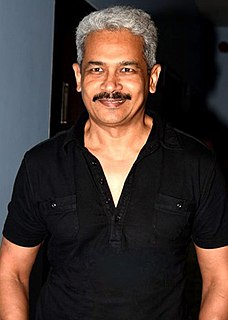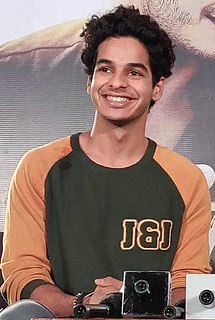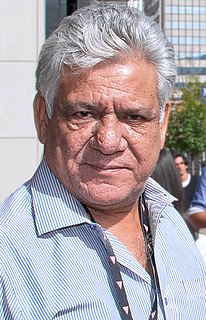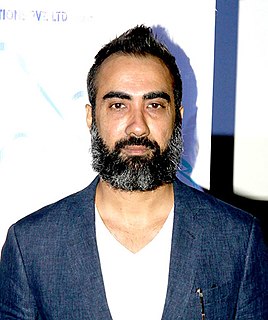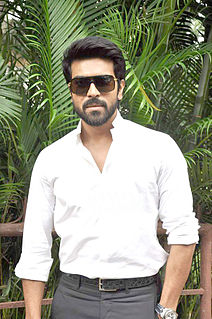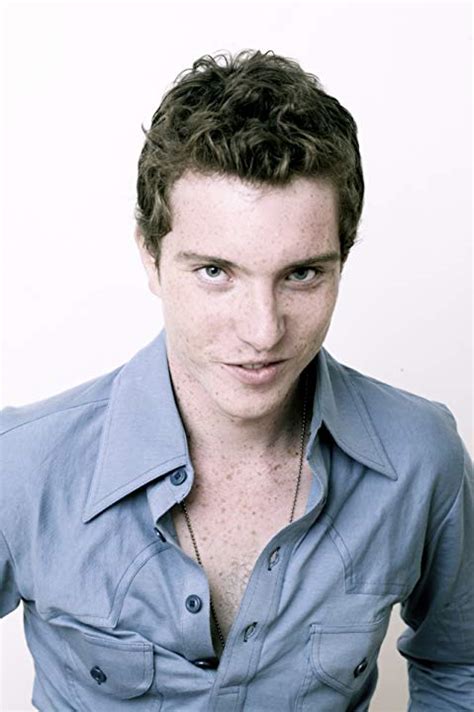A Quote by Asa Butterfield
I watched films growing up, but no more than the next guy, really. Working on 'Hugo' made me appreciate cinema and the art of cinema a lot more.
Related Quotes
MORE CONSISTENTLY THAN EVER I WAS TRYING TO MAKE PEOPLE BELIEVE THAT CINEMA AS AN INSTRUMENT OF ART HAS ITS OWN POSSIBILITIES WHICH ARE EQUAL TO THOSE OF PROSE. I WANTED TO DEMONSTRATE HOW CINEMA IS ABLE TO OBSERVE LIFE, WITHOUT INTERFERING, CRUDELY OR OBVIOUSLY, WITH ITS CONTINUITY. FOR THAT IS WHERE I SEE THE POETIC ESSENCE OF CINEMA.







